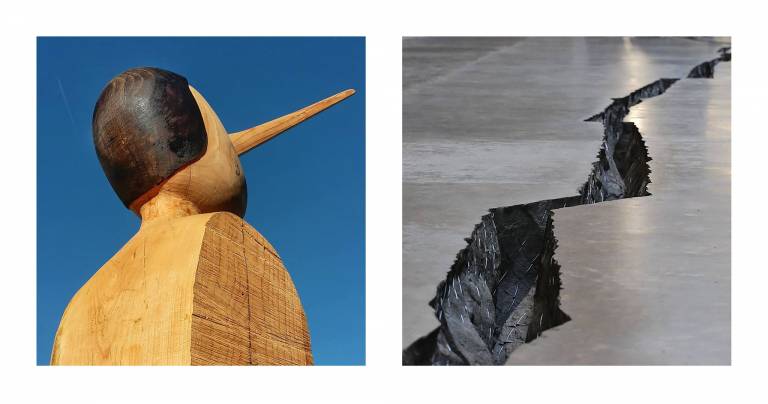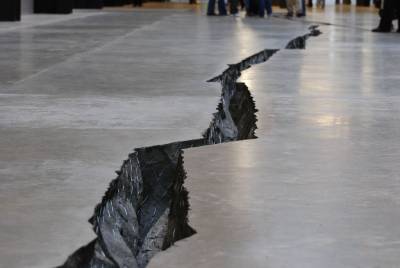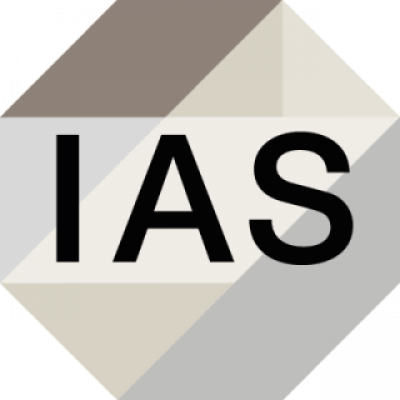IAS Research Themes 2017-18
30 March 2017

The Institute of Advanced Studies is pleased to be able to announce its research themes for 2017-2018: Lies and Vulnerability. These themes have emerged after extensive consultation and discussion with colleagues across the joint faculties and are designed to be capacious and suggestive so that various research-led initiatives and events can be accommodated under their aegis. We hope to appoint TWO Junior Research Fellows for each theme. In addition we aim to fund a selection of innovative research-led discussions, conferences and practices related to these themes. Calls will be widely advertised and will proceed through open competition. Advertisements for the JRFs will go live in April 2017. Keep an eye on this website for further information.
Each theme is open to the widest possible interpretation and is assumed to address the concerns of many disciplines and departments while providing a frame for thinking across or even bypassing entrenched or established modes of thinking. It may be useful for prospective applicants to know that the conversations we have been having around each have included the following concerns:

Lies
- Deceit, mendacity, misinformation and falsehood
- Technologies of deception and denial, digital developments and the fabrication of facts, fictions, factoids and fibs
- Alternative facts, post-truth, fake news, double-speak and misrepresentation
- Counter factual narratives, myth and make-believe, stories and fables
- Language and lying, ontologies of lying
- The long history of lying
- Extracting the 'truth': torture, duress and persecution
- False evidence, ideologies, fakes and forgeries
- Heresy and hearsay, rumour and gossip, wilful ignorance and secrets, evasion and erasure
- Polemics, persuasion, propaganda and politics, conspiracies and concealment
- Veridical evidence, witnessing, perjury, oaths and testimony, lying and the law
- Lie detectors and mind machines, brain scanners and neuroscience, forensics and fabrication
- Ethics and honesty, withholding information and economising with the 'truth'
- Masquerading and masking, conmen and tricksters, self-preservation, subjectivity and strategic display/disguise.
Repression, refusal, regression and deferral

Vulnerability
- A state of being wounded, subject to harm or injury
- A relational condition of dependence invoking external and internal forces or dangers
- Figurations of vulnerability, in literature, art, humanitarian discourse, politics and poetics
- The constitution/construction of vulnerable subjects and groups, regions, languages, populations or communities
- The instrumentalizations of vulnerability in human rights discourse, humanitarian studies, refugee studies, public policy and politics
- Vulnerability and victimhood: ethics, values, agency and moral judgement
- Vulnerability and violence: epistemic, actual and strategic
- The relationship of 'vulnerability' to 'precarity', 'fragility' or 'risk'
- Vulnerable forms: genres, mediums, practices, objects, structures, materials, modes of being, life-worlds
- The gendering/ageing/sexing of vulnerability: vulnerability and intersectionality
- Vulnerability and visibility, vulnerability and difference, vulnerability as image
- Vulnerability and the law, discourses of protection, care and control, compassion and support
- Vulnerability, performance and performativity
- Vulnerability and power, vulnerability and strength/resilience
Images
The Doris Salcedo Shibboleth installation in the Tate Modern turbine hall by Lyanne Wylde, 2008 (bottom)
Pinocchio by Andrea Costamagna, 2016 (top)
 Close
Close


